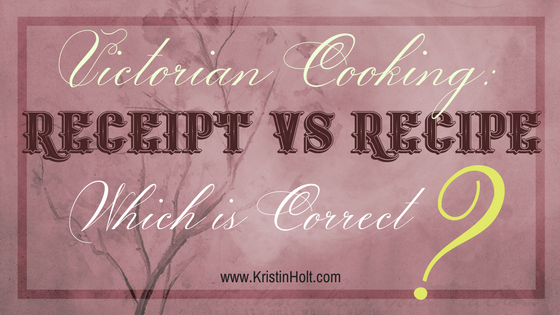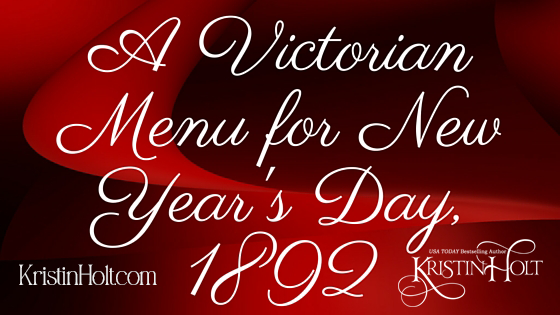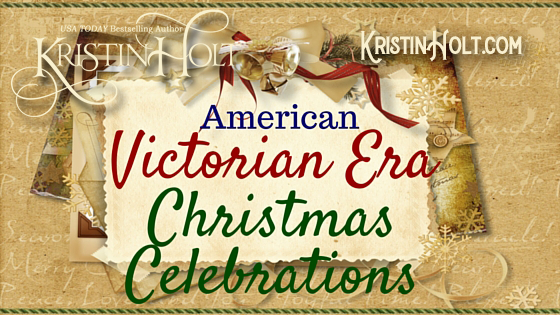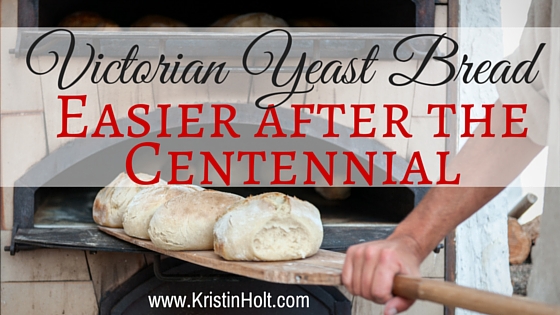
Victorian Cooking: Receipt vs Recipe ~ Which is Correct?
Examining vintage recipes for any kind of edible… or how to prepare laundry soaps… will often use the term “receipt”. What’s up with that? When wasn’t a recipe, a recipe?

Examining vintage recipes for any kind of edible… or how to prepare laundry soaps… will often use the term “receipt”. What’s up with that? When wasn’t a recipe, a recipe?

This menu was posted in 1892 in a Pittsburgh, PA newspaper, but not the instructions– which those of us who are amused by history and cooking and the way things once were may well find fascinating. So this article is all about that menu… and how the home cook may have accomplished such a daunting task to celebrate the FIRST big holiday of the year.

In the very early years of the United States’ history, Christmas celebrations remained highly localized and dependent upon the traditions of the settlers’ homelands. But by 1876 (The Centennial), what we consider a “Traditional Christmas” had become firmly formed. Contemporary Americans will recognize almost all of the Victorian traditions surrounding the holiday.

At the Centennial Exhibition in Philadelphia, Pennsylvania, Charles Louis Fleishmann offered pieces of freshly baked bread made with the world’s very first commercially prepared yeast from an exhibit modeled after a Vienna Bakery. An increase demand for Fleischmann’s yeast soon followed, bringing about the building of Fleischmann plants in New York. In this article, I share five key concepts about 19th century bread baking that stood out as surprising key concepts–and I’m a bread baker…so finding myself caught off guard by such research was really something.